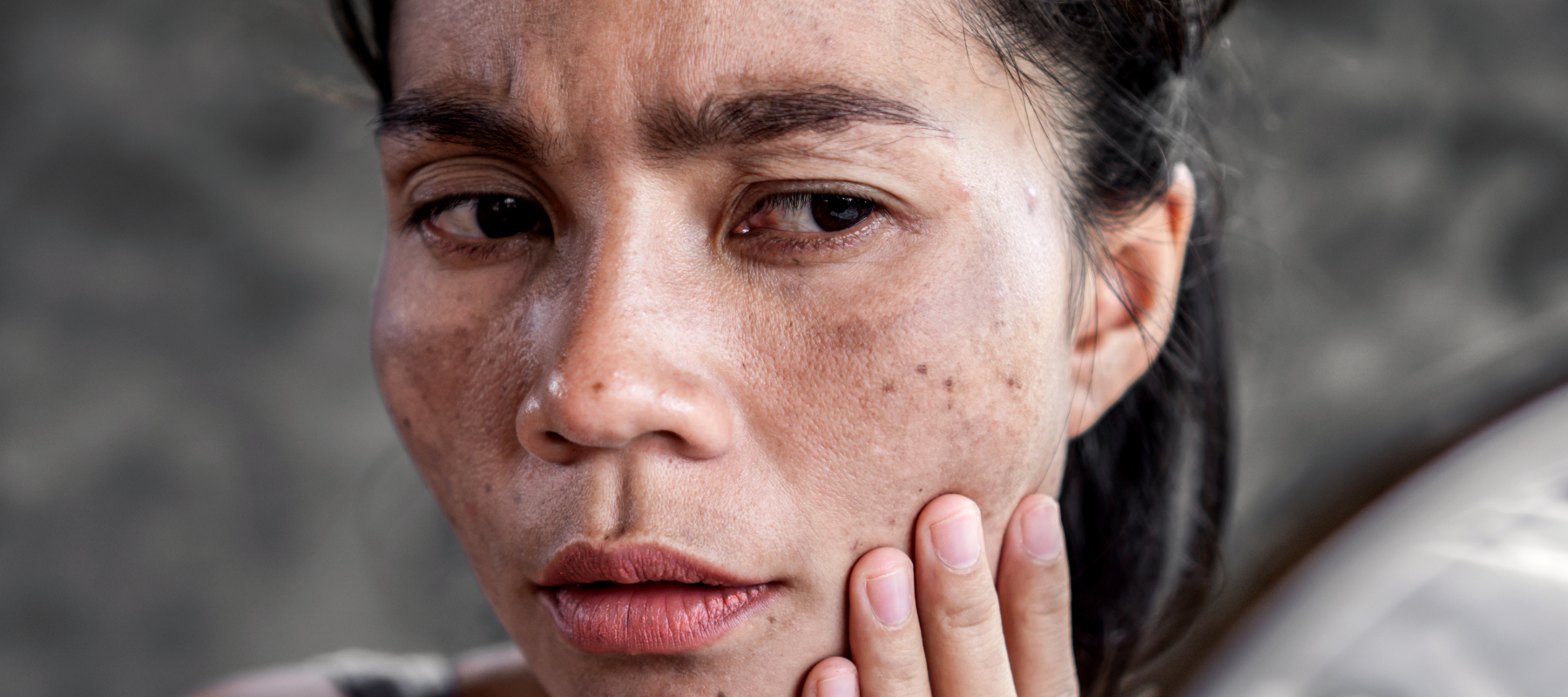
How to Take Care of Damaged Skin Barriers?
Different skin care products serve different purposes; some hydrate, smooth, and plump the skin, while others exfoliate, clear out pores, stop outbreaks, and even out skin tone. A damaged skin barrier is a result of using products that aren't formulated for your specific skin type and other causes.
Because it can't retain its natural moisture or guard against pollution and hazardous chemicals, your skin will appear dry, rough, and spotty if its protective barrier has been compromised. This article below will explains what skin barrier means, the factors that compromise it, and the best ways to maintain and restore broken skin barrier. So, read on!
What is a Skin Barrier?
The skin's outermost layer is the skin barrier, and its principal function is to prevent moisture loss. This protective barrier also stores moisture-retaining substances like oil, ceramides, and internal body water.
Because of its thick skin cells, many experts compare it with a brick wall that keeps you protected against harmful environmental contaminants, ultraviolet radiation, bacteria, and other diseases. In simple terms: you won't make it without your skin. Therefore, repairing skin barrier is essential for good bodily function, a radiant appearance, and general well-being.
Also read: What Is Skin Barrier and How to Repair Skin Barrier Effectively
Causes of Skin Barrier Damage
Given the environmental and lifestyle elements with which our skin comes into touch daily, it is difficult to pinpoint a single cause of skin barrier breakdown. Among these are:
- Over-exfoliating
- The use of products with potentially harmful ingredients
- Incorporating Do-It-Yourself Attempts
- Washing your face too much
- Contact with Allergens
- Using physical scrubs and scrub brushes regularly
- Pollution and other environmental hazards, ultraviolet (UV) rays.
Common External Causes of Damaged Skin Barrier
There are a variety of different causes that could compromise our skin barrier. Damaged skin barriers can be caused from the outside by using harsh products, engaging in overly complicated routines, or simply not caring for the skin.
Overusing acids found in skincare products or incorrectly applying them can also weaken the skin's protective barrier. As a result, our skin loses more water and is far more susceptible to external irritants.
Irritation, dehydration, and flaky skin are signs of a damaged skin barrier. Here are some most frequent causes that can harm the skin barrier, and range from our everyday activities to environmental factors such as:
Over Exfoliation
Over-exfoliating has been increasingly prevalent recently due to the increased variety of exfoliating solutions available on the market. Over-exfoliation removes the outermost layer of undesired dead skin cells and the protective "skin barrier" that was originally intended to keep you safe.
Always use caution when using exfoliating products, keeping an eye out for any changes in your skin so you can STOP using them as needed.
Over Washing
A compromised skin barrier could be brought on by excessive water exposure and strong cleansers. It could destroy our skin's natural lipid barrier. It could harm the first protective layer of skin, which offers the majority of protection, rather than shielding it from dirt and contaminants.
Pollution or bad quality of air
The barrier layer of our skin might be impacted by dry air and pollutants, according to research. As a result, sensitive and itchy skin is a highly common symptom of poor air quality. Therefore, it is recommended to minimise outdoor activities when polluted, wear protective clothes and masks outside, and utilise an air purifier in your home.
Stress and sleep deprivation
Have you ever had a "bad skin" day when you don't get enough rest and sleep? Yes, studies have shown that a lack of sleep or rest can harm your skin's protective layer and cause more transepidermal water loss.
Common internal causes of damaged skin barrier
These are a few examples of internal variables generally beyond our control:
The genes
Although we have little control over this, we have genetically compromised skin barrier components. They cannot produce any interdependent elements necessary for a healthy skin barrier. People who have eczema or atopic dermatitis suffer from this frequently. We may entirely adopt safe and healthy skin care practices to stop them from getting worse.
Old age
Our skin barrier weakens with age, which is unfortunate. This explains why dry, sensitive skin is so common among the elderly.
How to Repair a Damaged Skin Barrier?
So, you've discovered that your skin's protective barrier has been compromised; now what? Here is what you should do.
1. Limit how often and how long you wash your face
Water helps our skin stay hydrated and functioning normally, but it can also do extra harm by further drying it out. Hence wash your face once or no more than twice a day using lukewarm water and mild, low-pH cleansers to prevent a damaged skin barrier. You can tryPink Foundry’s hydrating facial cleanserthat softens and cleanses the skin.
2. Gently Exfoliate Your Skin
Gently exfoliating your skin can be a restorative remedy to repair a damaged skin barrier. By using mild exfoliants, you can effectively remove debris and encourage the regeneration of healthy skin cells. This nurturing approach helps strengthen the protective barrier, leading to improved moisture retention and a more resilient complexion.
3. Apply skin moisturiser
The most important step in your skincare regimen, particularly at this time. Because your skin is losing more water than usual, it is crucial to seal it with your moisturiser.
4. Avoid experimenting with new skincare products
It's not a good idea to test new items while your skin is prone to irritation and can react to the new product. Avoid experimenting with new products during this time because ingredients can harm your skin and aggravate inflammation.
5. Maintain a basic skincare regimen
When your skin's barrier function is weakest, cleansing, moisturising, and protecting it are the three most important things you can do. When your barrier is healing, these three steps are really necessary.
Maintain Skin Barrier with the CMS Routine
Maintaining a healthy skin barrier is crucial for achieving and sustaining a radiant complexion. The CMS routine (Cleanser, Moisturizer, Sunscreen) is a powerful regimen to promote skin health and protect against environmental factors.
1. Cleanser
Use a mild cleanser right for your skin type to begin your skincare regimen. A gentle hydrating cleanser thoroughly eliminates dirt, extra oil, and pollutants without depleting the skin's natural oils. It helps the skin absorb subsequent items readily.
2. Moisturizer
After cleansing apply a moisturiser suited to your skin's needs. A well-formulated moisturiser helps replenish the moisture barrier of your skin.
Also read: Moisturiser Uses and Misconceptions: How to use Face Moisturiser?
3. Sunscreen
To shield your skin from harmful UV rays, it is crucial to protect the skin barrier. Sunscreen shields the skin from UV damage and premature ageing in addition to avoiding sunburn.
4. Radiance Mask
Include a radiance-boosting mask into your routine twice a week. Choose a mask containing mild exfoliants like alpha hydroxy acids (AHAs) or enzymes to get a glowing complexion. Avoid harsh scrubs that could compromise the skin barrier.
Adhering to this CMS routine and adding a radiance mask to your weekly regimen provides your skin with the necessary care to repair and maintain a strong, resilient skin barrier. The secret is consistency, and with time and effort, you can develop a youthful, glowing complexion that lasts.
Conclusion
You should take better care of your skin now that you realise the importance of maintaining a healthy skin barrier and how it can be compromised. Use a skin cycling regimen to prevent skin barrier damage, and refer to this crucial instruction if your skin barrier is ever damaged.






















































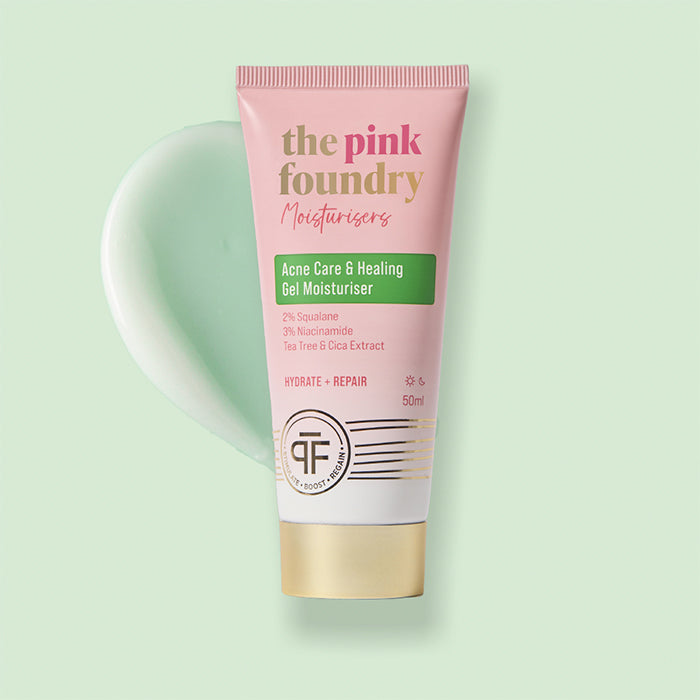



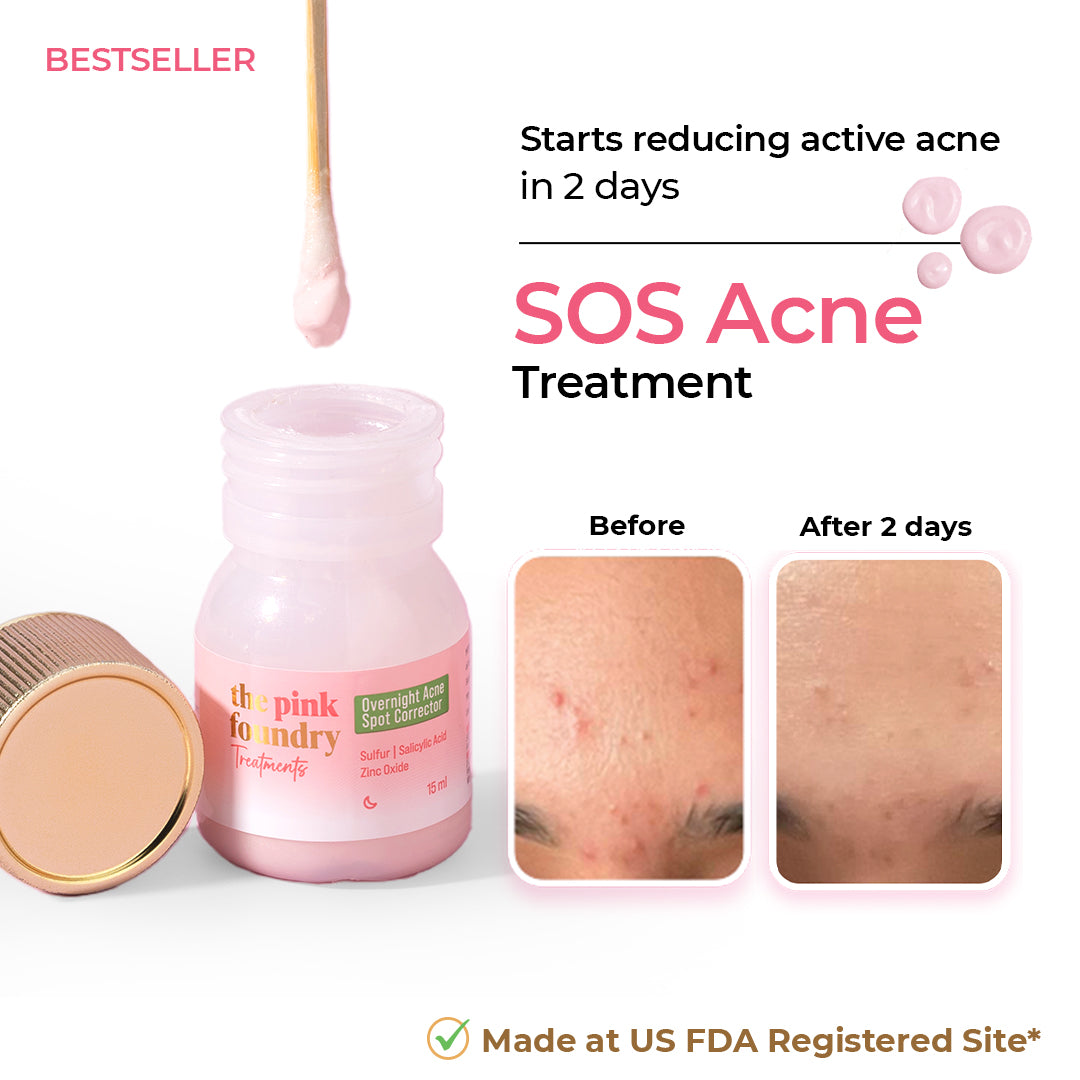
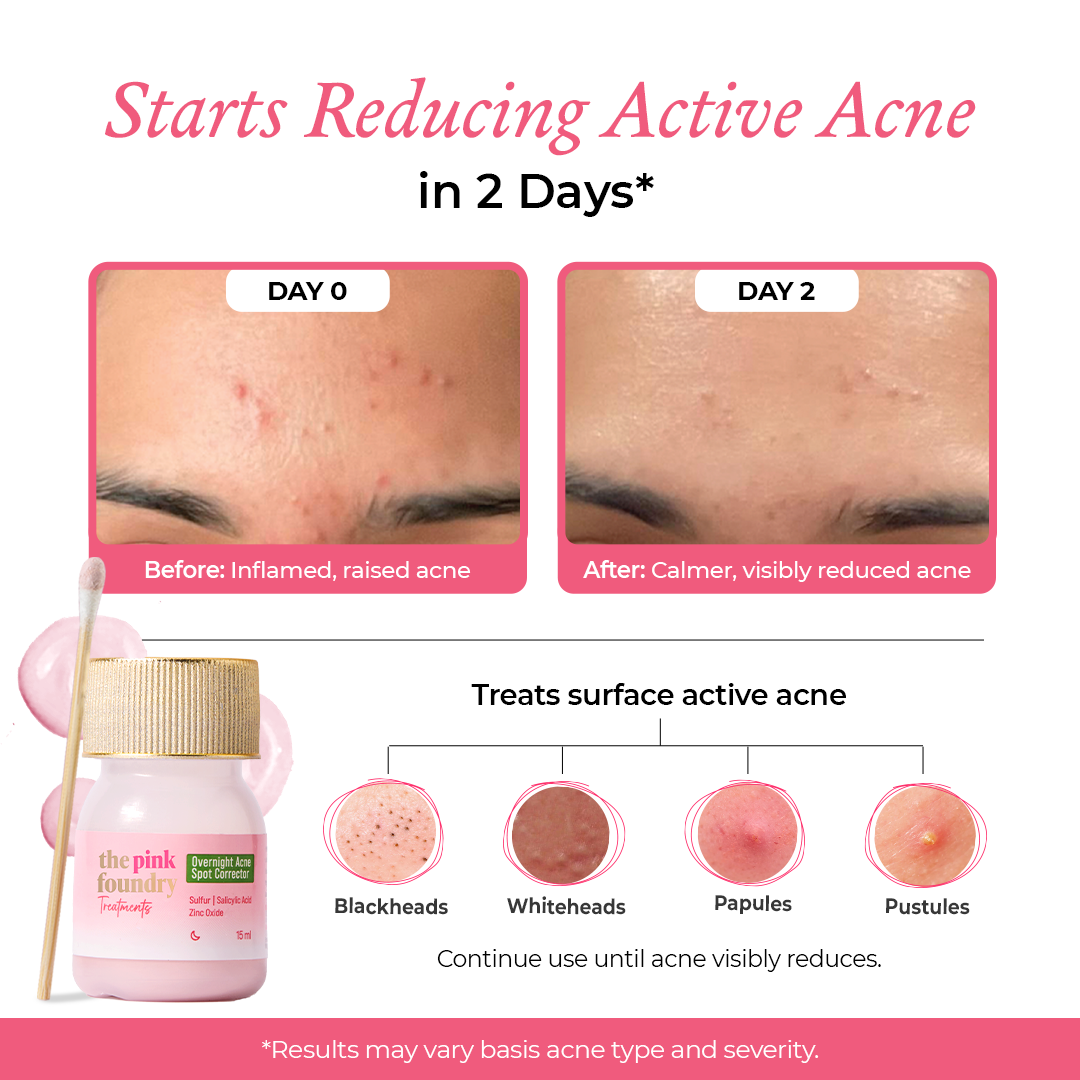


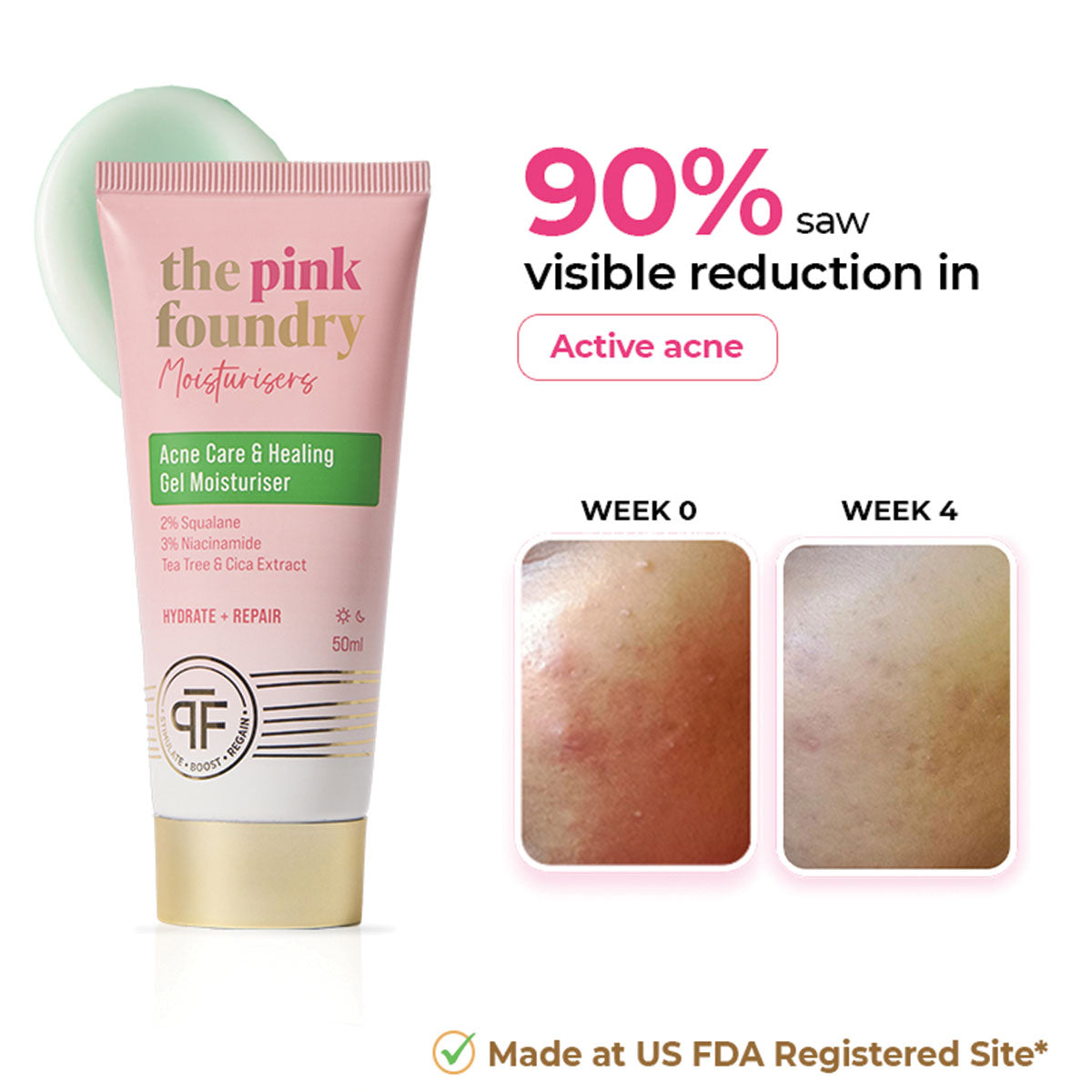
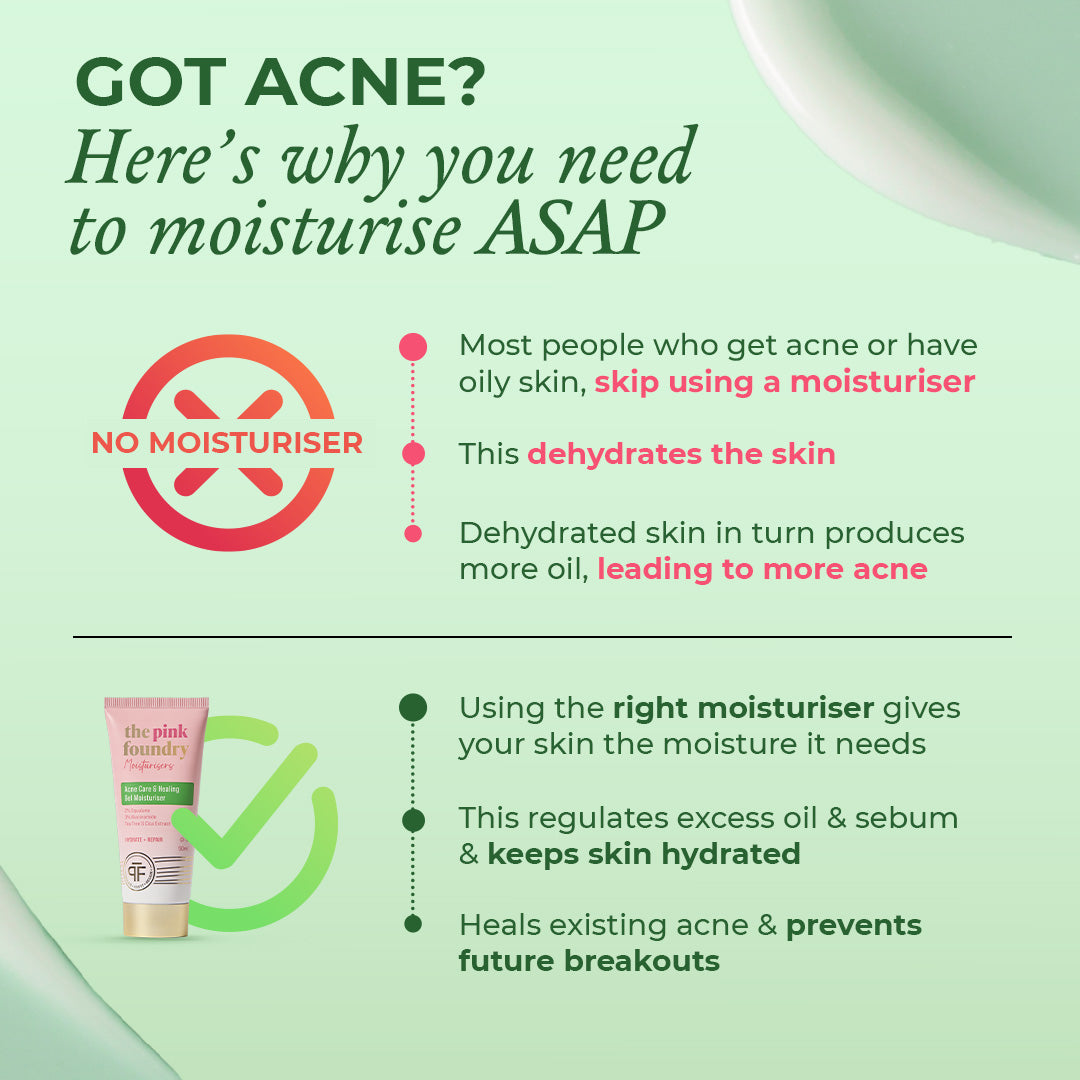










Leave a comment
This site is protected by hCaptcha and the hCaptcha Privacy Policy and Terms of Service apply.